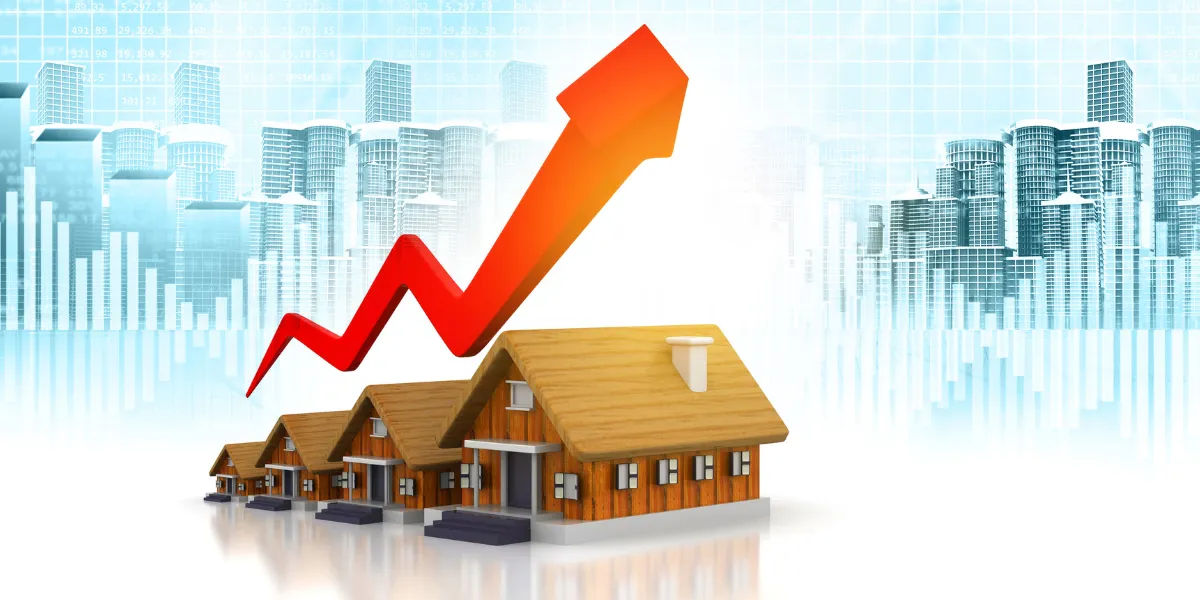Introduction
As families evolve and living arrangements shift, multi-gen developers are addressing the growing demand for homes designed to accommodate multiple generations. These developers specialize in creating communities and residences where grandparents, parents, and children can live together comfortably while maintaining privacy and independence. By blending thoughtful design, functionality, and modern amenities, multi-gen developers are redefining the concept of family living.
Multi-gen developers focus on designing properties that cater to extended families seeking convenience and connection. Their projects often feature larger layouts, flexible floor plans, and separate living areas that allow each generation to enjoy personal space while remaining close to one another. From dual master suites to self-contained units within a single home, these innovations respond to the unique dynamics of multi-generational households.
A defining feature of multi-gen developments is their emphasis on community and togetherness. Shared spaces such as kitchens, dining rooms, and recreational areas are designed to bring families together for daily interactions, celebrations, and bonding. At the same time, private retreats such as bedrooms, secondary kitchens, and living rooms provide the independence that each family member values.
Practicality and accessibility are central to these projects. Developers often include features like wide hallways, single-level living spaces, and barrier-free designs to accommodate older generations. At the same time, child-friendly amenities such as play areas and open green spaces ensure that younger members of the family also benefit from the community’s design.
Location is another strategic consideration for multi-gen developers. Their projects are typically positioned near schools, healthcare centers, commercial districts, and transport networks, ensuring convenience for all age groups. By integrating accessibility with family-oriented planning, these developments create environments that simplify the complexities of multi-generational living.
Sustainability and technology integration also play an important role. Energy-efficient systems, smart home features, and eco-conscious materials not only reduce costs but also appeal to younger generations who value innovation and environmental responsibility. These future-ready features ensure that homes remain adaptable and relevant across time.
From an investment perspective, multi-gen developments are increasingly attractive. As the cost of living rises and families look for practical housing solutions, demand for multi-generational homes continues to grow. Investors and homeowners alike see these properties as versatile assets that can accommodate evolving family needs while retaining long-term value.
Conclusion
Multi-gen developers are creating more than just homes—they are building environments that strengthen family bonds across generations. By combining flexible designs, practical amenities, and future-ready features, they provide solutions that reflect the realities of modern family life. As multi-generational living becomes more common, these developers will remain at the forefront of shaping communities that truly feel like home for everyone.




